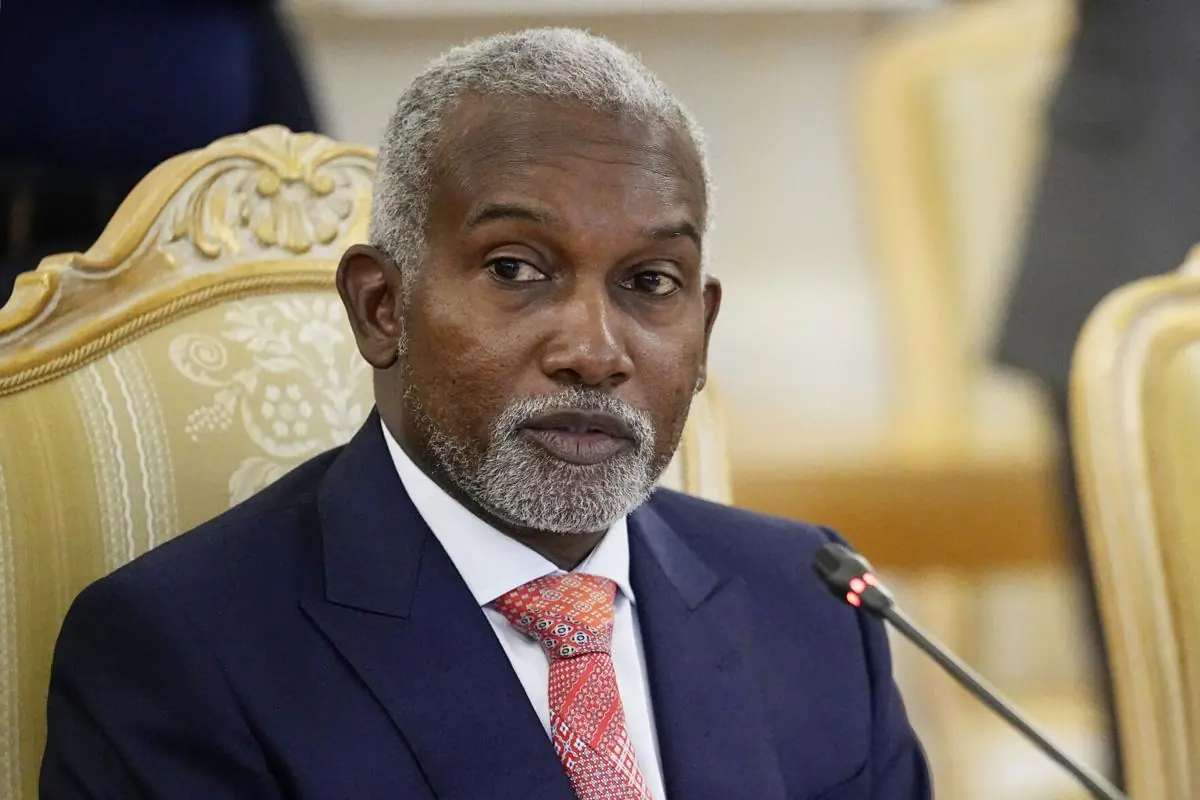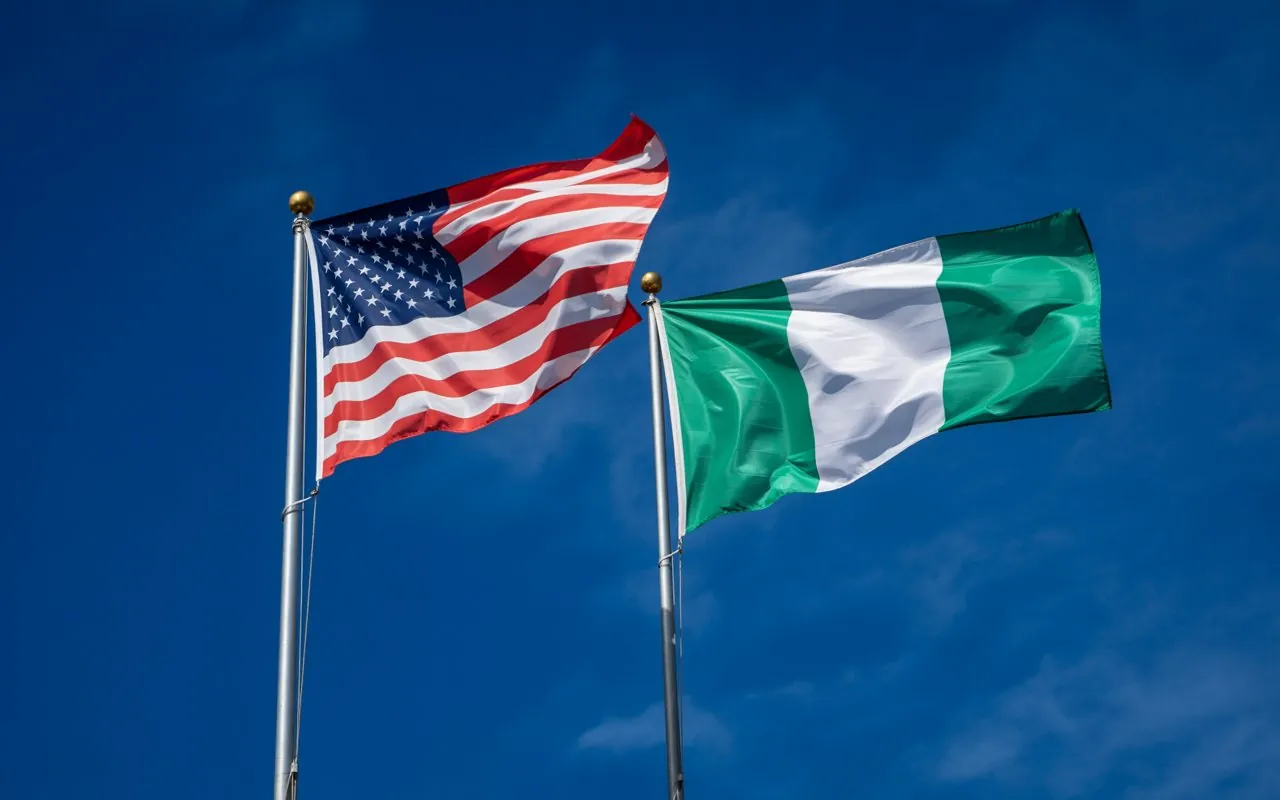Nigeria has officially pushed back against renewed plans from the United States for a mass deportation of migrants, a policy that gained prominence during the Trump era. Nigeria’s Foreign Minister, Yusuf Tuggar, has made it clear that the country is not in a position to accept large numbers of deportees, stating that Nigeria is already dealing with significant domestic challenges. This firm stance reflects broader diplomatic tensions and highlights the internal pressures influencing Nigeria’s foreign policy.
The Heart of the Issue: Mass Deportation
The concept of mass deportation involves the large-scale removal of non-citizens from a country. In the United States, this policy has been a topic of intense debate, particularly concerning migrants who have entered the country without authorization or overstayed their visas. The Trump administration was known for its aggressive approach to immigration, which included plans for mass deportation to various countries, including Nigeria.
Now, as these policies are being discussed again, Nigeria has found itself in the spotlight. The Nigerian government’s response has been clear and direct: it will not bow to pressure to accept a mass influx of people.
Nigeria’s Stance: “We Have Enough Problems”
The core of Nigeria’s argument is that the country is already stretched thin. With a population of over 200 million people, Nigeria is grappling with a range of serious issues, including economic instability, high unemployment, and widespread insecurity. The government believes that adding a large number of deportees to this already difficult situation would be irresponsible and would place an unbearable strain on the nation’s resources.
Foreign Minister Yusuf Tuggar articulated this position in a statement that has resonated with many Nigerians. He emphasized that the country must prioritize the welfare of its own citizens before taking on the problems of others. This sentiment has been a recurring theme in Nigeria’s recent foreign policy, as the government seeks to assert its sovereignty and focus on national interests.

Here is a quote from the Foreign Minister that captures the essence of Nigeria’s position:
“We have to be realistic about our own capacity. Nigeria has enough problems of its own, and we cannot be expected to absorb a mass deportation at this time. Our focus must be on our own people.”
Domestic Pressure and Public Opinion
The government’s stance is not just a matter of foreign policy; it is also a reflection of strong domestic pressure. Many Nigerians are concerned about the potential impact of mass deportation. There are fears that it could lead to an increase in crime, social tension, and competition for scarce jobs and resources.
On social media and in public discussions, Nigerians have largely supported the government’s decision. The feeling is that the country needs to solve its own problems before it can be expected to help other nations with theirs. This public sentiment gives the government a strong mandate to stand firm in its diplomatic negotiations with the United States.
Broader Diplomatic Tensions
This issue is part of a larger pattern of diplomatic tensions between Nigeria and the US over immigration and deportation. In the past, Nigeria has also resisted pressure to accept deportees from other countries, such as Venezuela, when it was determined that they were not Nigerian citizens. These incidents show that Nigeria is becoming more assertive in its foreign relations, especially when it comes to matters that affect its national security and stability.
While Nigeria values its relationship with the United States, the government is making it clear that this partnership must be based on mutual respect and an understanding of each country’s unique challenges. The Nigerian government is keen to continue working with the US on a range of issues, but it will not compromise on matters it views as critical to its national interest.

What This Means for the Future
The standoff over mass deportation is likely to continue. The United States will continue to pursue its immigration policies, and Nigeria will continue to prioritize its domestic stability. The key will be finding a diplomatic solution that respects the concerns of both countries. This may involve more targeted and verifiable deportation processes, where it is confirmed that the individuals in question are indeed Nigerian citizens and that their return can be managed without causing undue strain.
For now, the message from Nigeria is unwavering. The country is focused on building a better future for its own people, and it will not be swayed by external pressure to take on challenges it is not equipped to handle. The debate over deportation will remain a significant issue in Nigeria-US relations, and the world will be watching to see how this complex diplomatic dance unfolds.
Stay woke. Stay tuned. Stay with AKEWE NEWS.